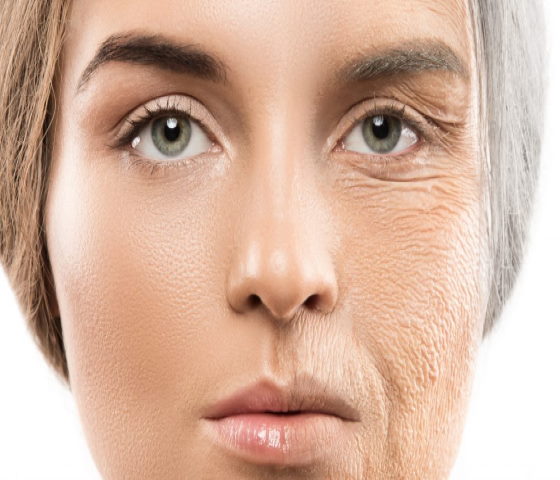Customized Healing: Tailoring Rehab Programs to Specific Addictions at Sivana Rehab
At Sivana Rehab, we understand that each addiction story is unique and so should be the path to recovery. Recognizing the diverse nature of substance abuse, we specialize in offering tailored programs for different types of addiction. This post delves into how Sivana Bali Rehab customizes treatment plans, underlined by real-life testimonials, ensuring clients receive the most effective care for their needs.
Understanding the Need for Specific Programs
Addiction, by its nature, varies greatly depending on the substance and the individual. A one-size-fits-all approach is often ineffective due to the complex nature of addiction. This is where Sivana Rehab’s specialized programs come into play, addressing the nuances of various addictions – from alcohol and opioids to stimulants and beyond.
Alcohol Addiction Programs
Alcohol addiction, given its legal status and social acceptance, poses unique challenges. Sivana Rehab’s alcohol-specific program focuses on both the physical aspects of alcohol withdrawal and psychological dependency. We integrate therapy sessions with activities that promote sober living and coping strategies.
Client Experience: Adrienne, 60-day program
Adrienne’s journey in our alcohol addiction program was transformative. “The blend of therapy, educational sessions, and mindfulness practices provided a comprehensive approach to my recovery,” she shares.







